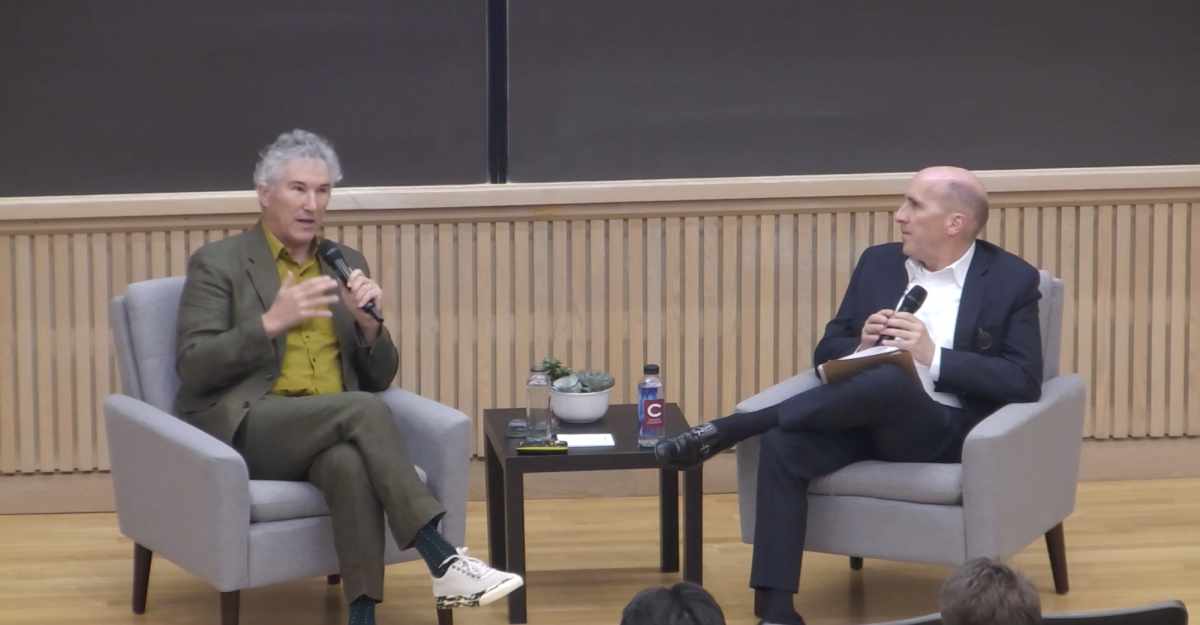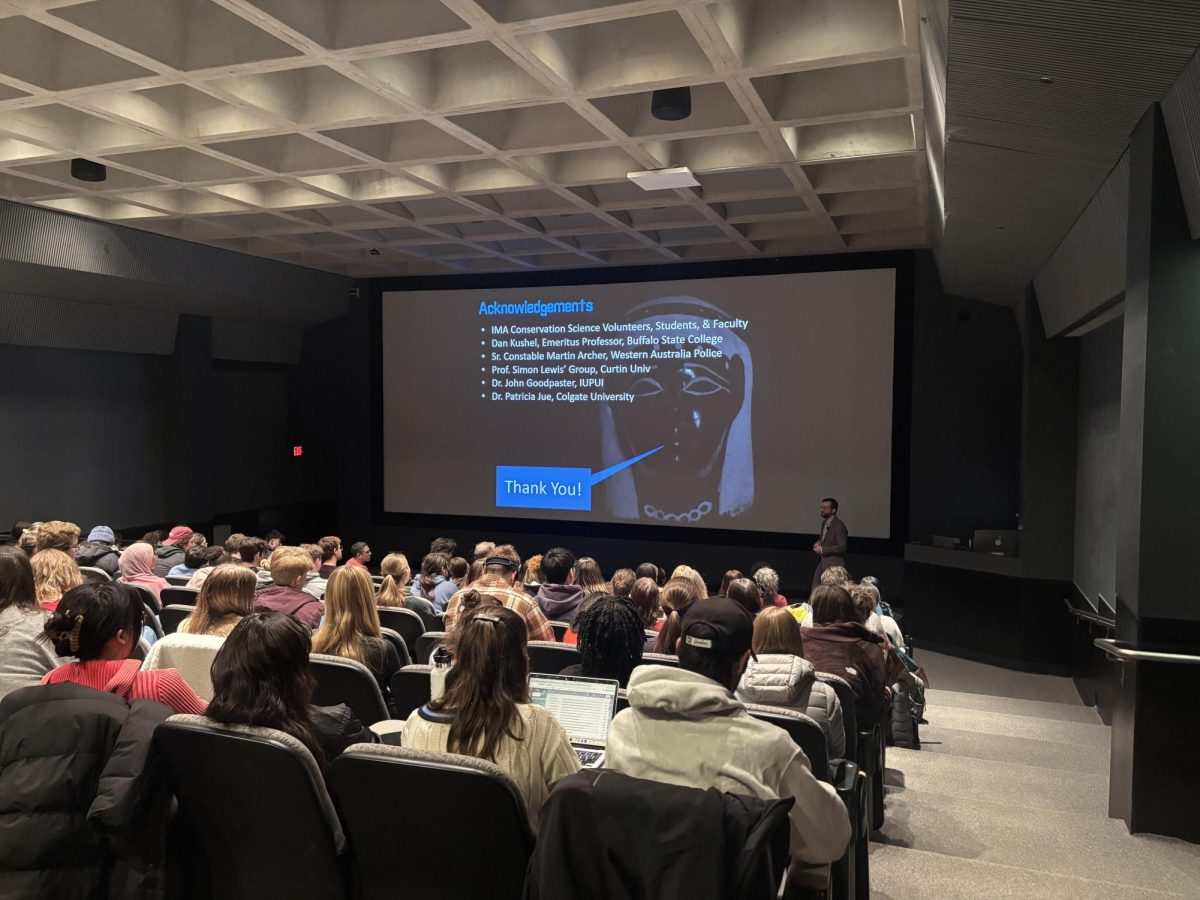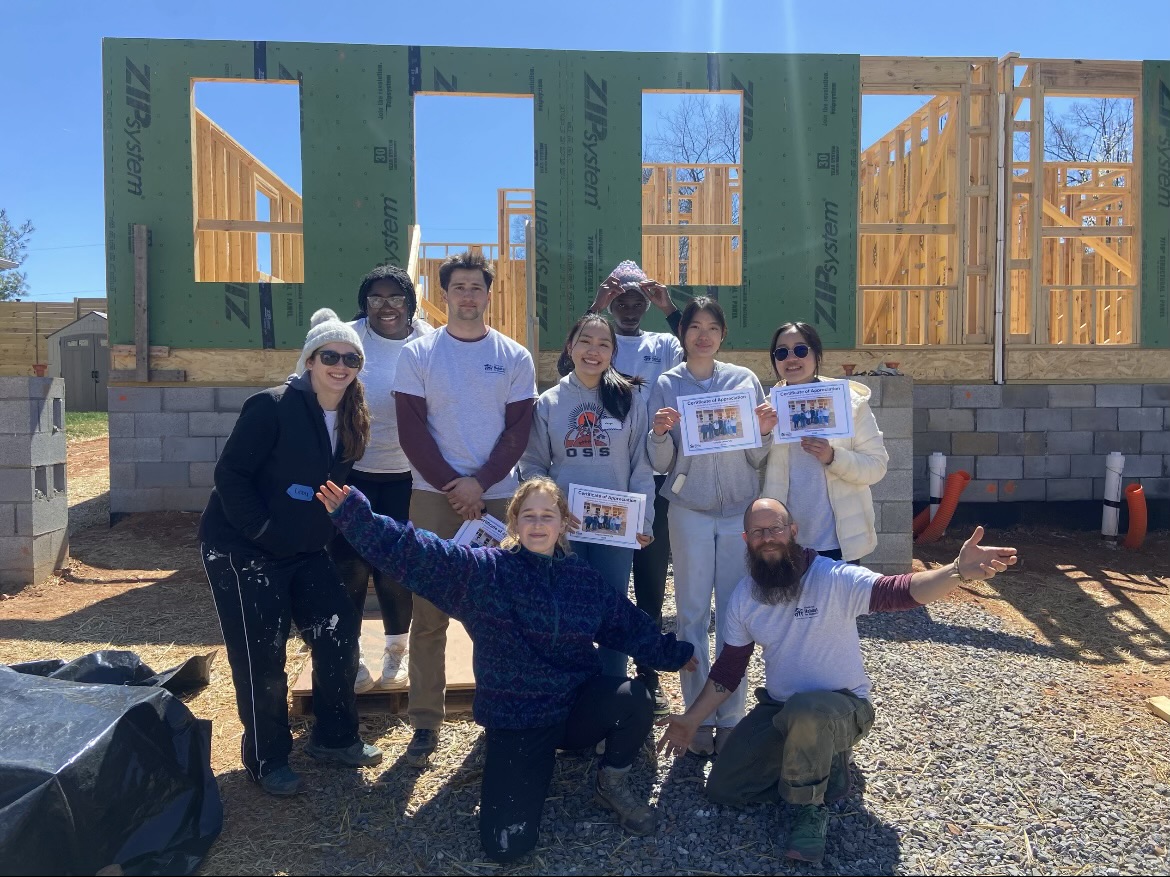Colgate University President Brian W. Casey launched Colgate University’s Task Force on University Speech and Expression Policies, a new group that will deliberate on how and when the University should issue statements on global or public events. The task force, which is comprised of faculty members, staff and trustees, will advise the President on the implications of making University statements and suggest guidelines on whether and when using Colgate’s institutional voice is appropriate.
Casey explained the kind of institutional questioning that led to the creation of the task force.
“It’s time for us to understand what impact issuing statements [has],” Casey said. “Should Colgate issue statements about world events? Should we not? What things should we talk about? If we issue a statement, does that mean that’s the official posture? What if you disagree with that?”
The creation of this task force at Colgate comes after many universities faced questions of institutional neutrality, stating their intention to refrain from making statements on public issues that aren’t directly related to their university’s operations. Noting that institutional neutrality was a mythical concept, Casey took a different approach.
“Institutions actually are never really neutral,” Casey said. “They always have opinions. So, I want to get a really good group of people working together [making] the guidelines for when you speak and when you don’t.”
Associate Professor of Religion and Director of the Native American Studies Program Jenna Reinbold, who serves as chair of the task force, explained how she saw the objectives of the group.
“What we’ve been given is a question: whether and when Colgate should use its institutional voice to speak about events outside of [Colgate’s] immediate values, missions and operations,” Reinbold said. “We are meeting about once a week, and we’re hoping to have some kind of recommendation to the President before Nov. 1.”
Reinbold also acknowledged that many students care about how Colgate speaks as an institution regarding global public issues, noting that there are various perspectives to consider.
“I think there are two angles to it,” Reinbold said. “I think students want, and deserve, in a lot of cases, to feel like Colgate sees the things that are important to them and acknowledges those things. But at the same time, it’s a little difficult to recognize how you can do that for every single member of the community when the community itself [and its perspectives are] diverse.”
Senior and Student Body President Elsa O’Brien, the student representative on the task force, added that she felt like the group could guide the University toward conducting the kind of challenging but important conversations that inevitably arise on a college campuses.
“This is so important; us students come from a diverse range of backgrounds and subsequently bring a host of opinions to the classroom, extracurricular activities and day-to-day conversations,” O’Brien said. “We have to formally incorporate those values into policies for students, faculty and staff.”
O’Brien described the kind of work that the task force did behind the scenes.
“The [task force] has been charged with reviewing our current policies — there are over two hundred pages governing policies for students, faculty and staff in three different handbooks — and making recommendations to the appropriate governance boards, which are the committees that handle specific areas of campus policies and groups,” O’Brien said. “The task force conducts a thorough review and makes recommendations to these governance boards, but the boards get to decide what policies to implement and not. It allows everything to be carefully reviewed and discussed.”
O’Brien expressed pride in the work she was doing and enthusiasm about the future of the task force.
“I feel honored to serve as the student representative on the committee,” O’Brien said. “Our next steps are to review the current handbooks — I’ll be looking at the Student Handbook — and to read a book regarding free speech policies on campuses. […] I’m excited for our next meeting.”
Reinbold ultimately encouraged students with a strong interest or opinion on this issue to reach out to those on the task force and share their ideas.
“The point of the task force is to really consider all of the possible angles on this before making a recommendation,” Reinbold said. “If people have an opinion, I would love to hear it.”















